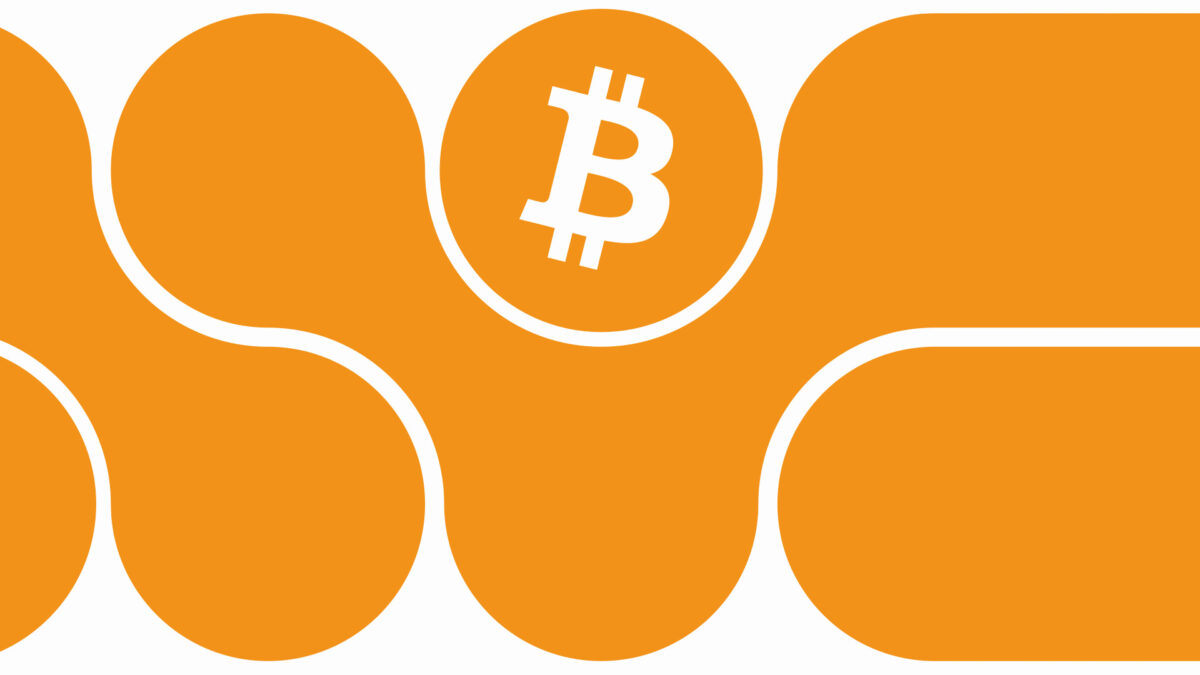Cøbra warns that Knots could threaten Core’s reference status

Cøbra, a long-standing maintainer of Bitcoin.org, says Knots could replace Core as the Bitcoin network’s reference software for node operation.
This surprising warning from one of Bitcoin’s most loyal supporters highlights this year’s escalating tension over arbitrary data storage.
Earlier this year, most of the senior developers who work on Bitcoin Core decided to schedule a major change to OP_RETURN, a popular Bitcoin scripting tool for storing arbitrary data on the blockchain, for October 2025.
If nodes update their software to Bitcoin Core version 30 from the current version 29, new defaults in Core software will accept and relay massive quantities of data unrelated to the on-chain movement of bitcoin (BTC).
In the view of Core developers, increasing OP_RETURN’s datacarrier limit modernizes and harmonizes the data storage role of mempools with the consensus rules of Bitcoin’s ledger.
In the view of Knots, a dissident fork of Core software, nodes should filter out most arbitrary data by default and deter such use of Bitcoin’s valuable blockspace.
Reference client status in jeopardy
Bitcoin Core has been the reference client for nodes for more than a decade.
The term reference client refers to a neutral, canonical model of software with clear code and robust security that serves as a correctness benchmark for alternative implementations.
Reference clients, as opposed to consumer software packages, emphasize clarity and correctness, not commercial competitiveness or customer-requested features.
Tension between Core and Knots continues to rise after an emotional disagreement yesterday between anti-Knots PortlandHodl and pro-Knots BitcoinMechanic.
Despite not conducting an attack on Knots, PortlandHodl apologized to BitcoinMechanic after a recording of him describing a hypothetical denial of service on Knots nodes went viral.
BitcoinMechanic mostly declined his apology.
The two camps continue to become more entrenched in their views about accommodating data unrelated to the on-chain movement of BTC.
Bitcoin network monitors tally 4,133 internet-connected Knots nodes, which have increased in number by 10X this year, as Knots attempts to displace the dominance of Bitcoin Core’s 19,487 internet-connected nodes.
Cøbra warns that Core’s reference client status is not guaranteed
Cøbra, one of the most devout maintainers of Bitcoin’s web presence, is concerned about Core’s inability “to effectively communicate with its users.”
According to Cøbra, Knots could replace Core as a benchmark for “how communication on the network generally happens” if it can replace Core as the software used by a majority of nodes.
“Knots is not forking away,” Cøbra clarified. In other words, Knots is competitive software for Bitcoin node operators, not any fork of the Bitcoin blockchain.
Cøbra also floated the possibility that developers who “got burned out” at Core could move to Knots work.
Read more: Bitcoin Core devs think it would be easy, and funny, to attack Knots
Cøbra weighs in on the debate
Protos reached out to Cøbra for comment, asking about the odds that Knots could actually displace Core’s role as the Bitcoin network’s reference client.
Cøbra responded, “If Core keeps losing users at some point Knots just becomes the default full node choice. Nothing set in stone that says Core forever is the reference.”
They also added his view on the Core vs. Knots debate: “I think this Knots/Core drama has taught many users a lesson.
“When Core talks about there being ‘consensus’ to make changes to the software, we now know that that means consensus among the contributors to the code, not among the wider community or the users of that code, so we have to be vigilant about what Core is doing and express our agreement or disagreement by choosing which versions/forks of Core we run.”
Got a tip? Send us an email securely via Protos Leaks. For more informed news, follow us on X, Bluesky, and Google News, or subscribe to our YouTube channel.
